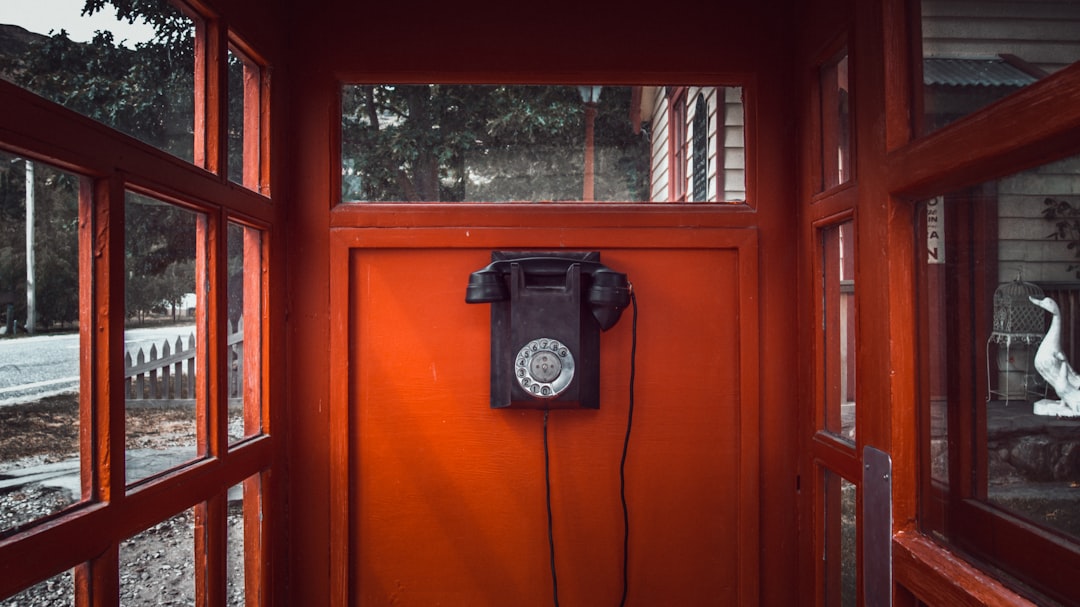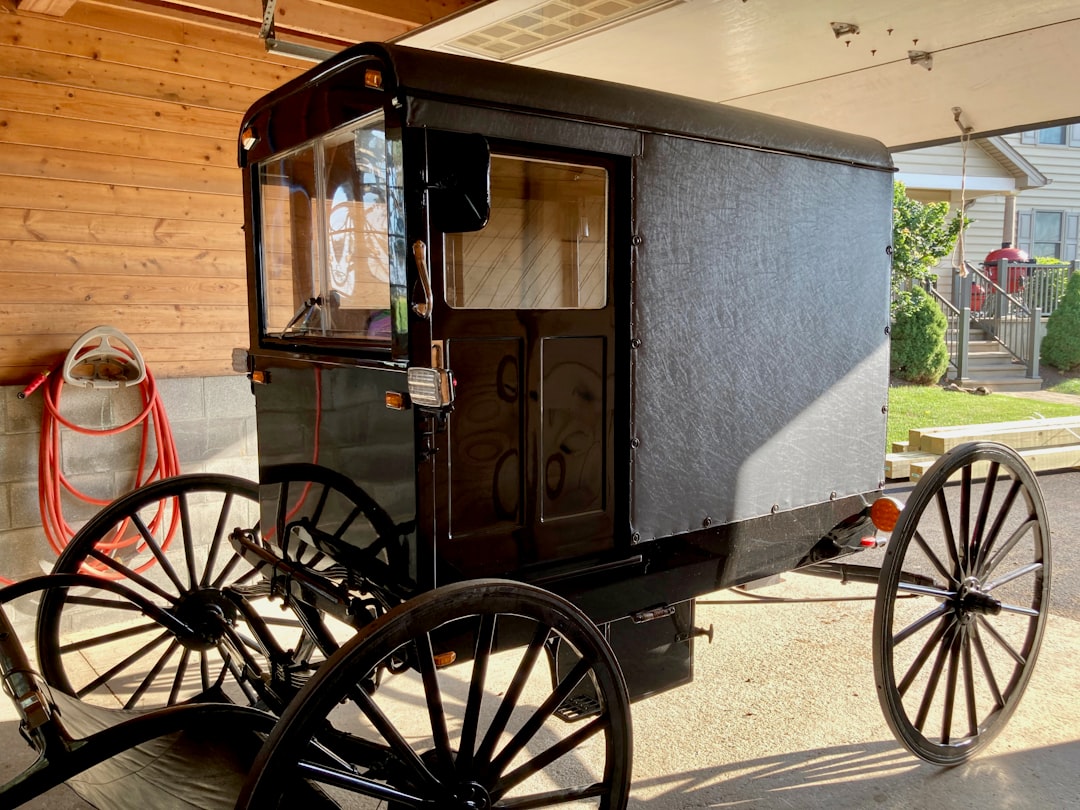In Pennsylvania, where robocalls are prevalent, federal laws like the TCPA regulate telemarketers, but have inadvertently facilitated spamming. To combat this issue, phone carriers offer advanced call-blocking technologies, and state regulations mandate caller ID displays and do-not-call lists. Residents can take action against unwanted calls by registering on "Do Not Call" lists, blocking specific callers, filing complaints, seeking legal recourse, and suing for damages. Major carriers like Verizon, AT&T, and T-Mobile have implemented powerful solutions, leveraging algorithms for call filtering and user-friendly apps to protect residents and ensure compliance with Pennsylvania's strict robocall laws.
In the age of digital communication, robocalls have become a pervasive and frustrating issue in Pennsylvania. These automated calls, often carrying marketing messages or fraudulent schemes, can disrupt daily life. This article explores the impact of robocalls in the state and delves into the legal framework surrounding their blocking. We examine popular phone carriers offering robust solutions to combat this nuisance, providing residents with effective measures to protect themselves under the relevant robocall laws in Pennsylvania.
Understanding Robocalls and Their Impact in Pennsylvania

In Pennsylvania, like many other states, robocalls have become a significant nuisance for residents. These automated phone calls, often promoting products or services and using recorded messages, are protected by federal laws, such as the Telephone Consumer Protection Act (TCPA). While these laws were initially designed to prevent telemarketers from making unwanted calls, they’ve also inadvertently enabled spammers to flood phone lines with unsolicited messages. The impact of robocalls in Pennsylvania is profound; it’s not just an annoyance—it disrupts daily life, wastes valuable time, and can even contribute to fraud and identity theft when personal information is sought or shared without consent.
To combat this growing problem, Pennsylvania consumers have several options. Many phone carriers now offer built-in robocall blocking solutions, leveraging advanced technologies to identify and filter out these unwanted calls. Additionally, state regulations require carriers to implement measures that minimize the impact of robocalls, such as caller ID displays and do-not-call lists. These collective efforts aim to protect residents from excessive robocalls, ensuring a more peaceful and secure communication environment in Pennsylvania.
Legal Framework for Robocall Blocking in the State of Pennsylvania

In the state of Pennsylvania, the legal framework for robocall blocking is governed by both state and federal regulations. The Telephone Consumer Protection Act (TCPA) at the federal level provides significant safeguards against unsolicited phone calls, including robocalls. At the state level, Pennsylvania has its own robocall laws that complement these federal protections. These laws empower residents to take action against unwanted robocalls, allowing them to file complaints with regulatory bodies and seek legal recourse if necessary.
The robust legal framework in Pennsylvania offers individuals and businesses several avenues to combat robocalls. This includes the ability to register phone numbers on “Do Not Call” lists, block specific callers, and even sue for damages if they’ve been victimized by persistent or illegal robocallers. By combining these measures with advanced call-blocking technologies offered by local carriers, residents of Pennsylvania can better protect themselves from intrusive robocalls.
Popular Phone Carriers Offering Robocall Protection Solutions

In Pennsylvania, where robocalls have long been a nuisance and even a legal concern under state robocall laws, several popular phone carriers have stepped up to offer robust solutions for blocking these unwanted calls. Among them, Verizon, AT&T, and T-Mobile stand out for their comprehensive measures to mitigate the issue.
Verizon, for instance, provides advanced call filtering features through its Secure Network. This service employs sophisticated algorithms to identify and block robocalls before they reach your line. AT&T offers a similar protection with its Call Protect service, which allows subscribers to filter out suspicious calls and register their numbers on the National Do Not Call Registry. T-Mobile has also implemented robust anti-robocall technologies, ensuring that customers can enjoy a quieter, more peaceful communication experience in accordance with Pennsylvania’s robocall laws.
Implementing Effective Robocall Blocking Measures for Pennsylvania Residents

In Pennsylvania, implementing effective robocall blocking measures has become a top priority for residents seeking to curb unwanted and fraudulent calls. The state’s robust telephone network and strict robocall laws provide a solid framework for service providers and individuals alike to combat this growing nuisance. Phone carriers in Pennsylvania offer various solutions, from advanced call filtering technologies to user-friendly apps, designed to identify and block automated robocalls at the source.
These measures often include sophisticated algorithms that analyze caller ID data, voice patterns, and known robocall blacklists to accurately distinguish between legitimate calls and automated spam. By integrating these blocking systems into their networks, carriers ensure that Pennsylvania residents enjoy a quieter, safer communication environment while adhering to the state’s robocall laws.






